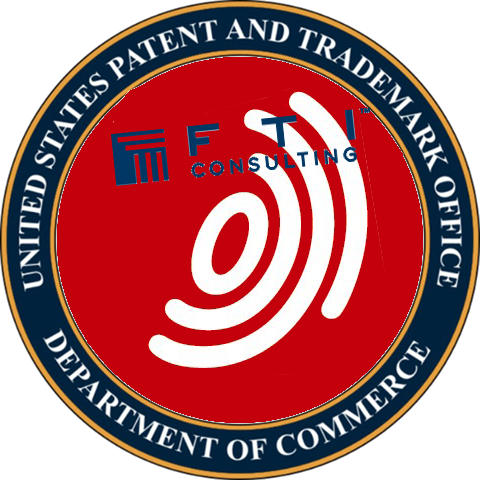

THE EPO is becoming more like the USPTO. It's not hypothetical or mere projection. It's rapidly becoming a reality and that's no compliment because the latter is renowned (or notorious) for low patent quality.
"Battistelli may try to deny this, but the EPO too had granted some of these patents (analogous to US patents), which were invalidated only after Apple took them to the European courts."Software patents and their triviality (or shallowness) are demonstrated in an article by Timothy Geigner at TechDirt, published in reference to the EFF's statement that "The Loading Screen Game Patent Finally Expires". The EFF explains the background to it (we covered this patent here several years ago): "In 1998, the U.S. Patent and Trademark Office issued Patent 5,718,632, on a method for avoiding “unnecessary wastage of time” in video games. What’s transpired in the 17 years since then can best be described as an unnecessary wastage of time.
"Namco’s patent covers “auxiliary games” that a player can enjoy while the main game is loading. The patent expired on November 27, which has generated a lot of excitement in the gaming world, and even inspired a Loading Screen Jam where developers create their own loading screen games."
According to a lawyers' site, there is increasing overlap between the EPO and this other system which has a vast number of software patents (maybe approaching a million such patents, depending on definition of software).
"Are USPTO and EPO going to be somewhat of the same any time soon?""In its effort to increase electronic sharing of information and documents among global IP offices," the lawyers' site says, "the USPTO currently participates in the priority document exchange (PDX) program and a program through which USPTO search results for a particular U.S. application are shared with the European Patent Office (EPO) (76 Fed. Reg. 82,279 (Dec. 30, 2011))."
This is the kind of globalisation of patent systems (covered here extensively several years ago [1, 2, 3]) which mostly serves to expand the scope of patents, the scope of injunctions, etc. Are USPTO and EPO going to be somewhat of the same any time soon? In the name of "harmonisation" or "community", as was previously done in Europe (in relation to what's now called -- after repeated renames -- Unitary Patent)?
What comes after the Unitary Patent? More cross-Atlantic treaties? Remember who benefits from it: the big clients of EPO managers. They've always been fighting for it. ⬆
"It requires more courage to suffer than to die."
--Napoleon Bonaparte